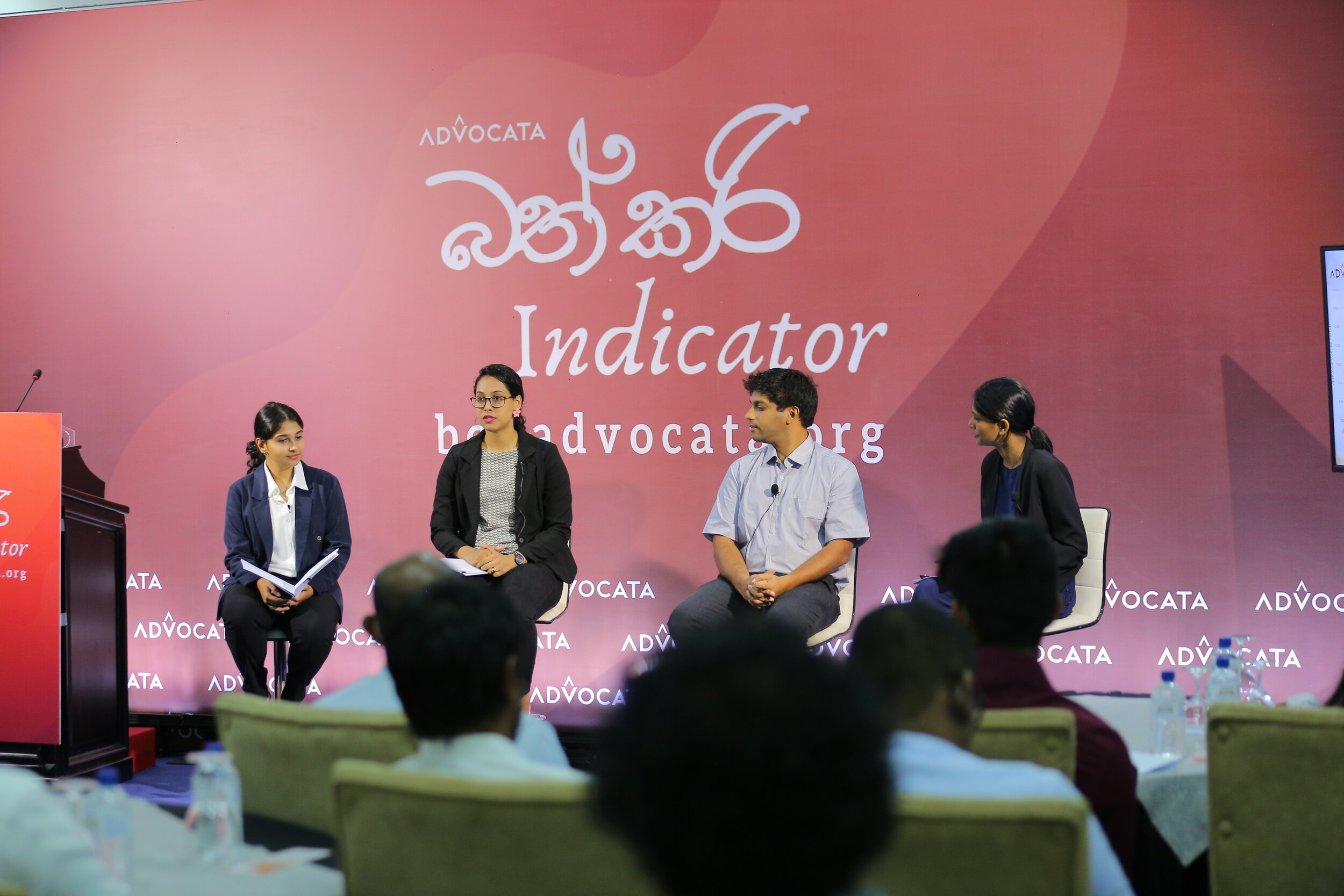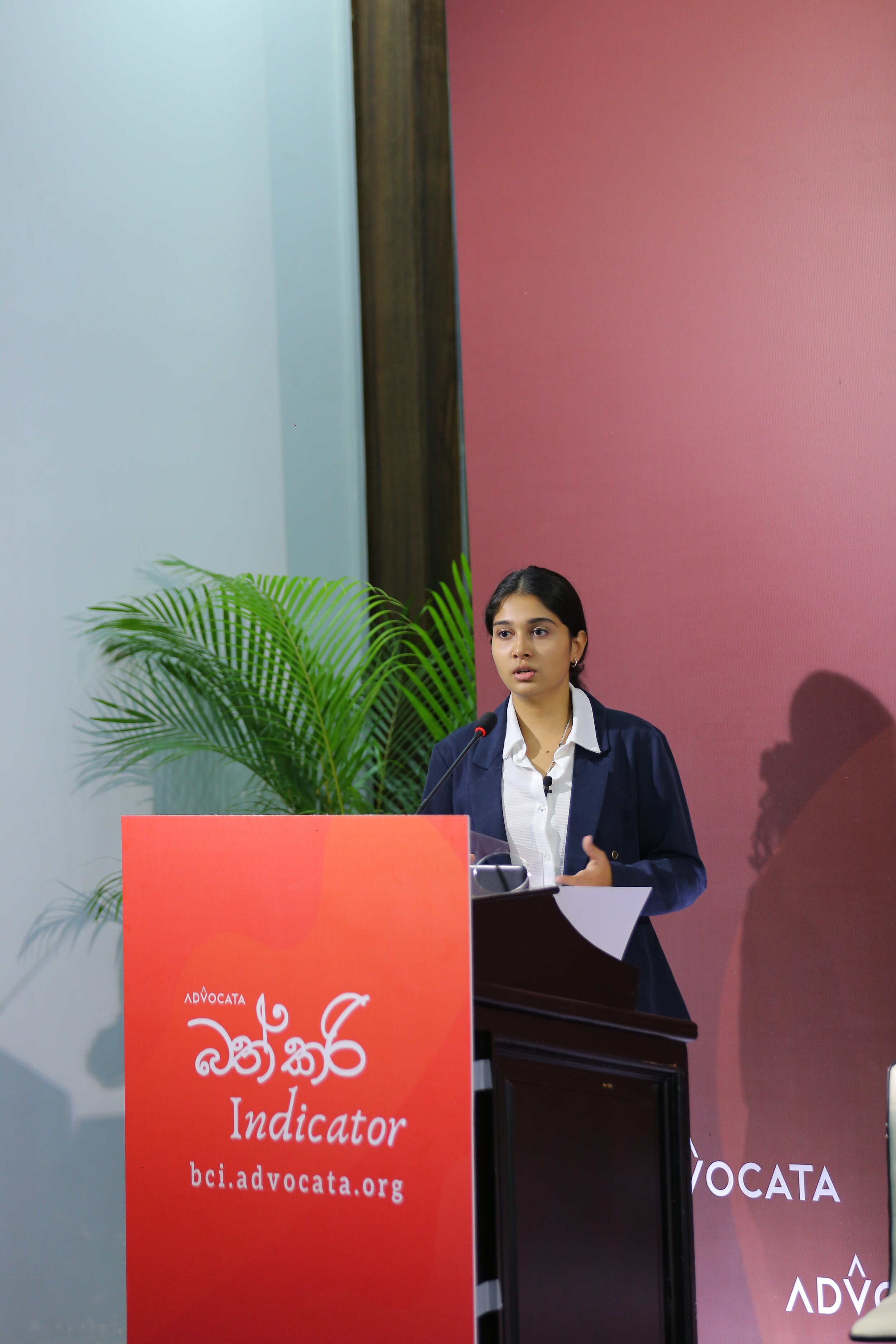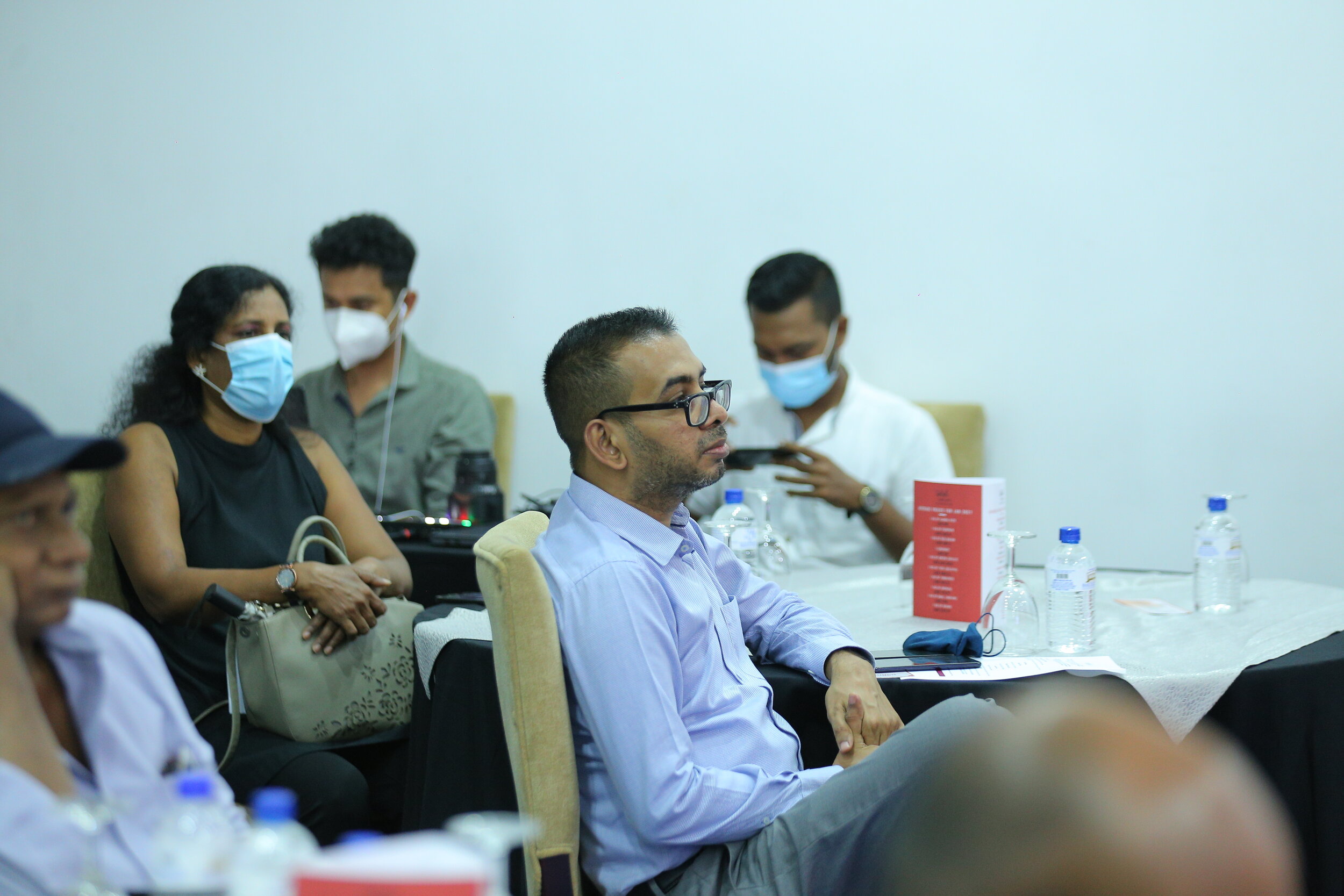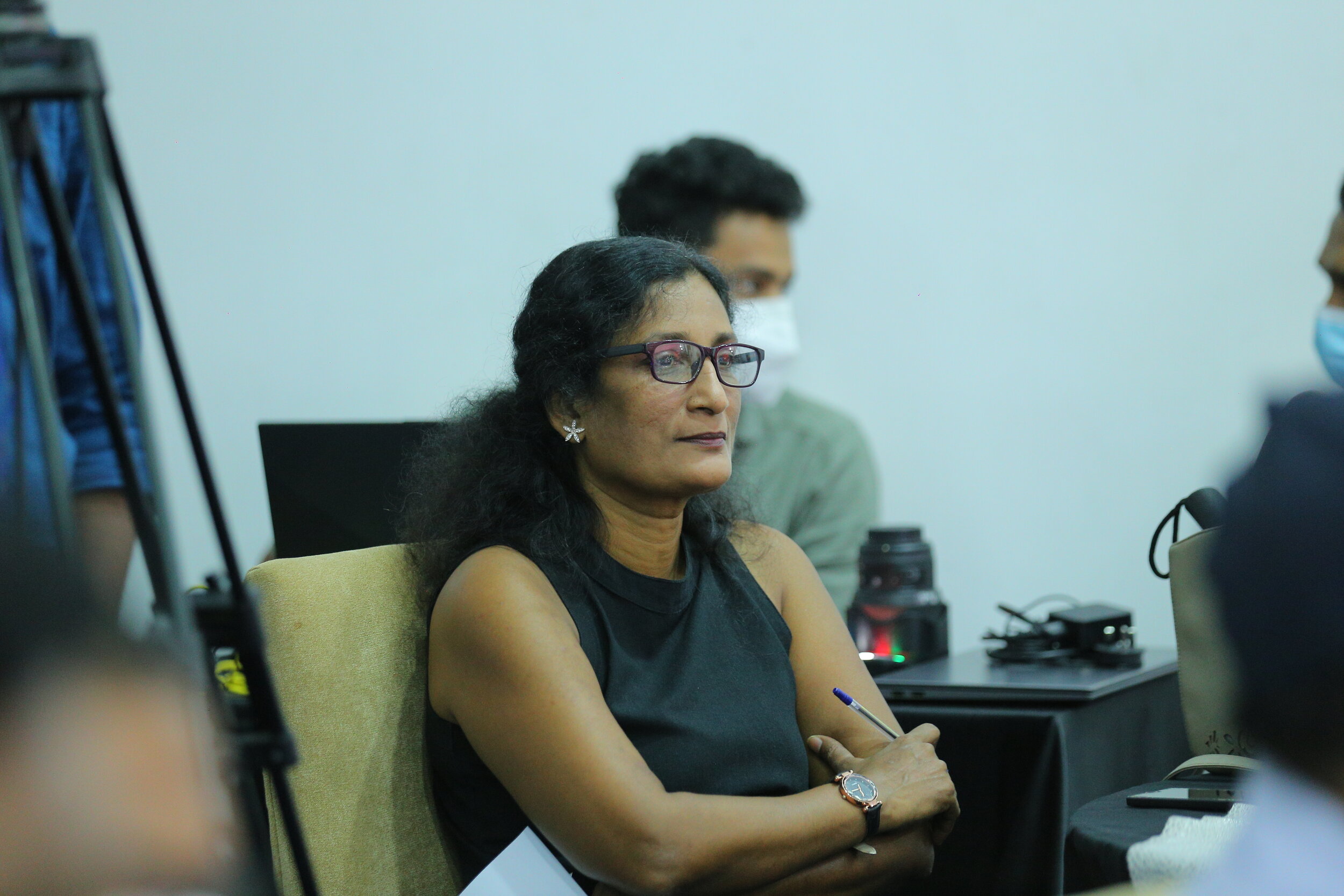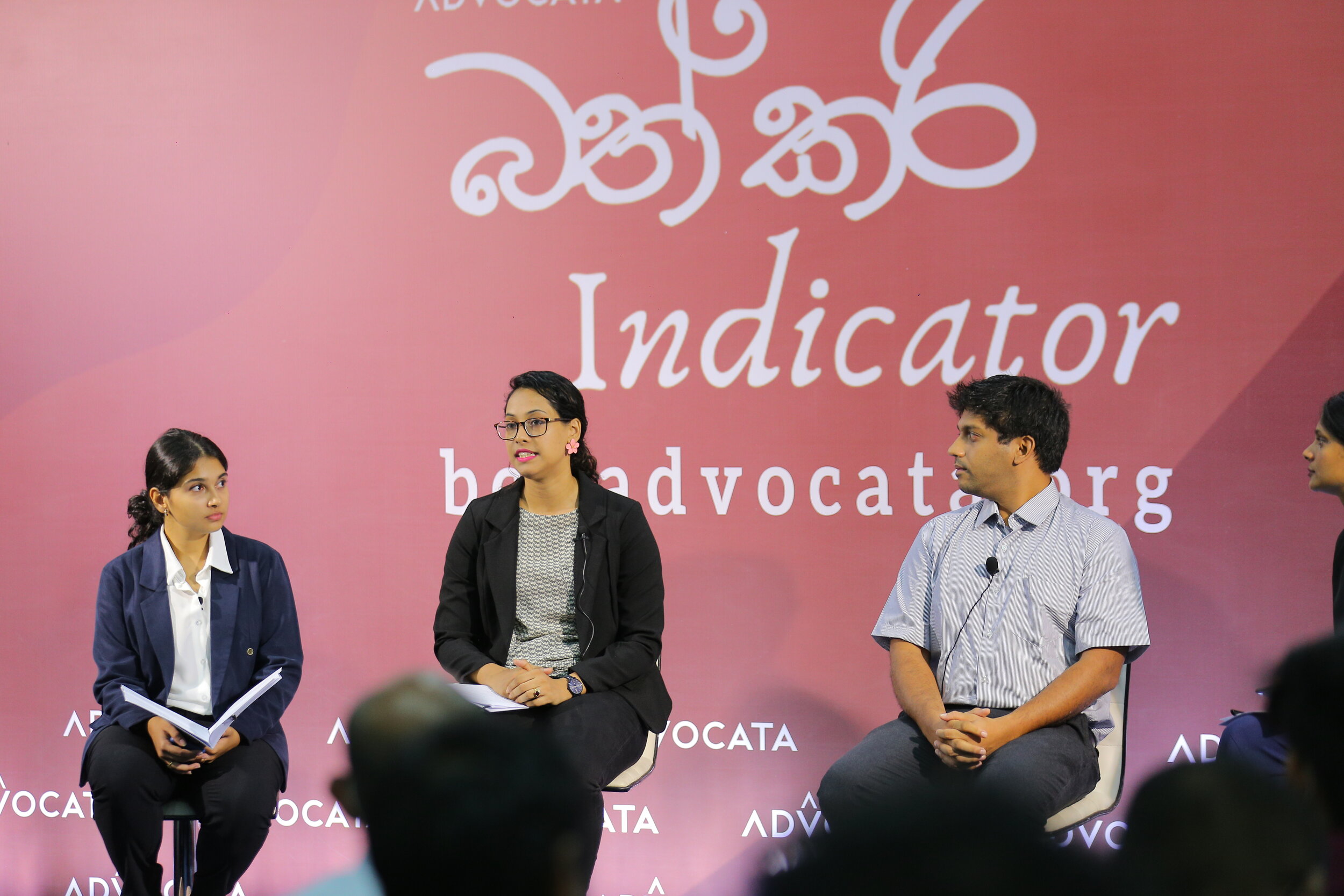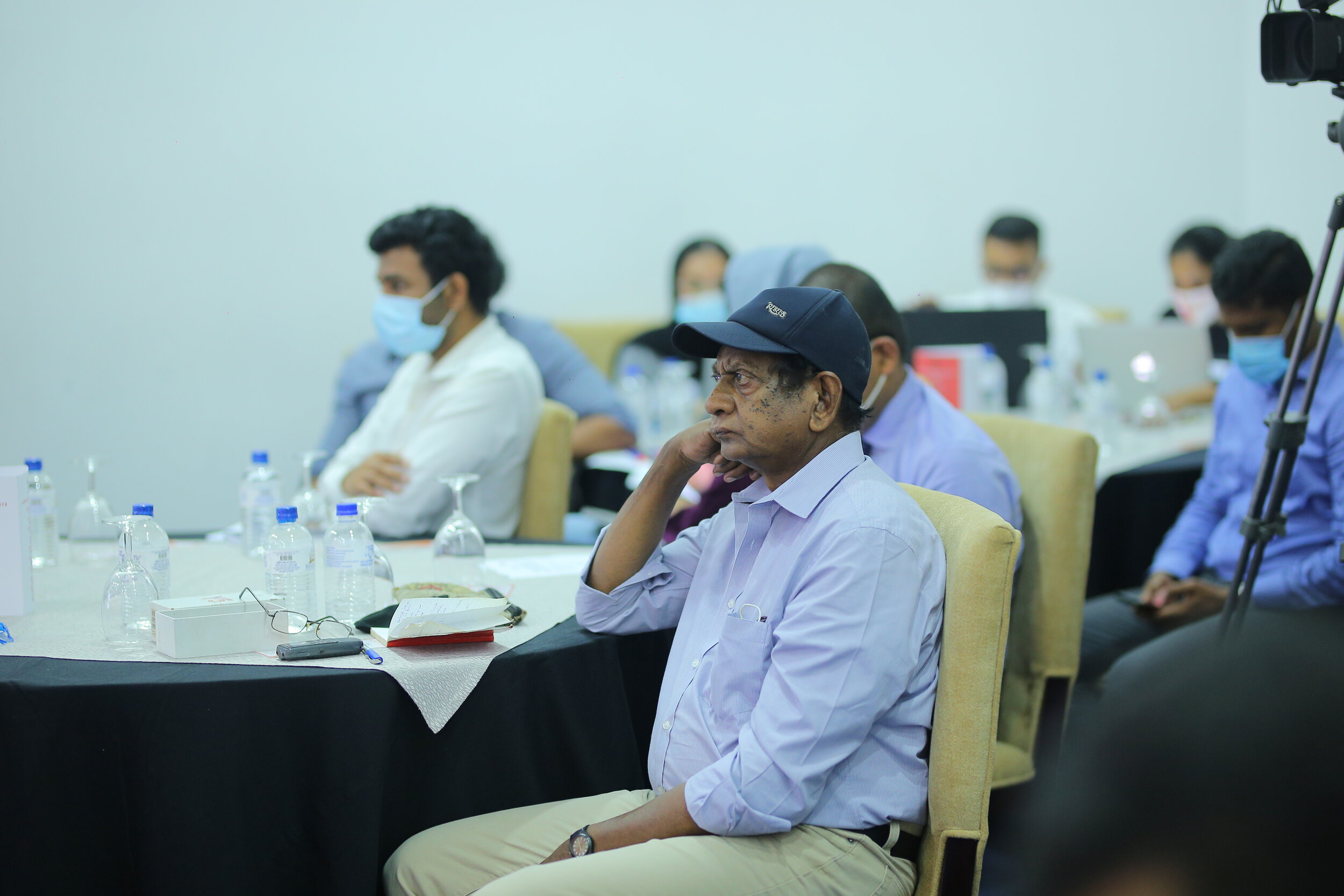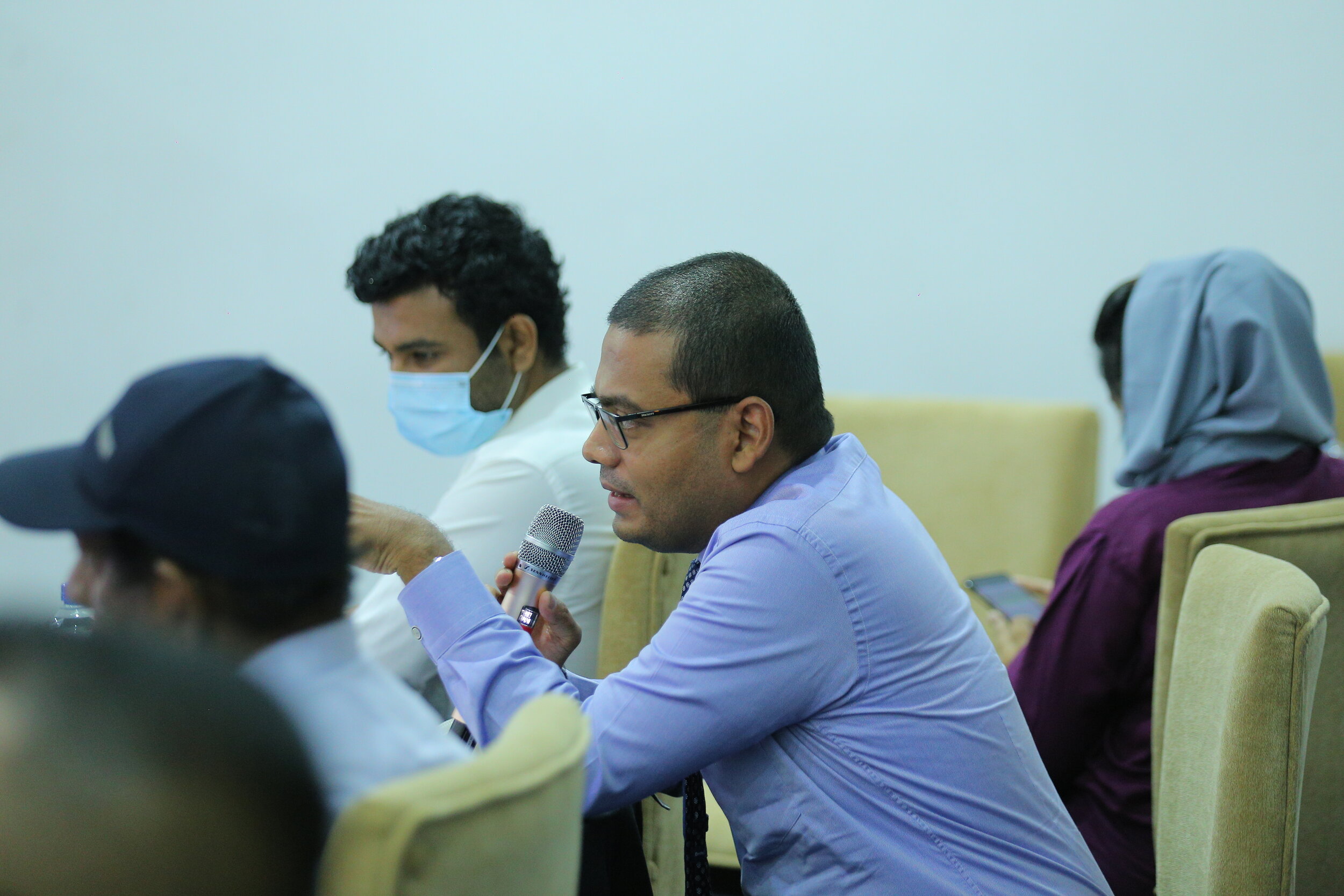Originally appeared in the Daily Mirror, Daily FT, The Morning
Advocata’s Bath Curry Indicator (BCI) which is a price-index that tracks the monthly changes in the retail price of a basket of commonly consumed food items recorded a year-on-year increase of roughly 2% between September 2022 and September 2023 and a month-on-month fall of 1.6% in between August and September 2023. Additionally, the BCI also tracks the price of the same basket of food items as they retail at local supermarkets, which shows an annual decline of roughly 16% of the BCI’s basket of items between September 2022 to 2023, and month-on-month fall of 3.2% between August and September 2023.
The graph below visualizes the fluctuations in the BCI and BCI-Supermarket indices over the last 3 years.
According to the BCI, the items that contributed the most to prices falling between August 2023 to September 2023 were tomatoes (12%), pumpkin (10%) and brinjals (8%). Alternatively the prices of green chillies (7%) and beans (4%) increased during this period. The Advocata BCI tracks the weekly retail prices in the Colombo market of the most commonly consumed food ingredients that might be used in a typical bath curry meal. The prices are collected from the “Weekly Indicators” that the Central Bank publishes.
The BCI Indicator can be accessed at www.bci.advocata.org


